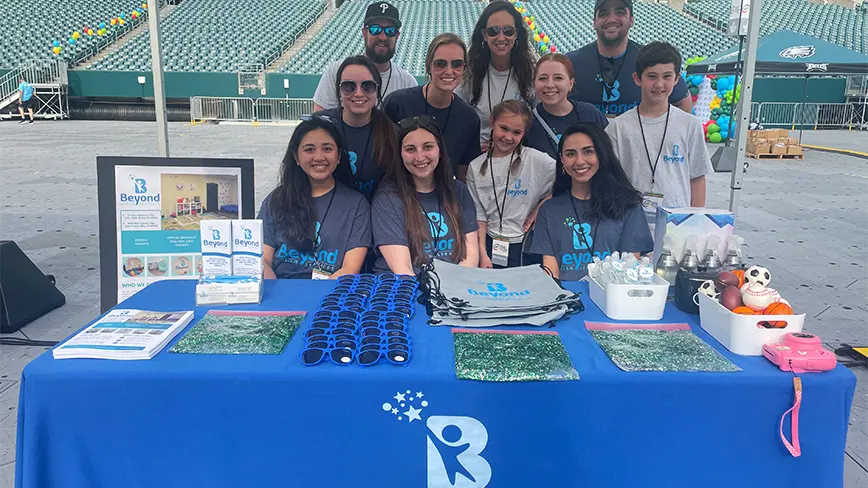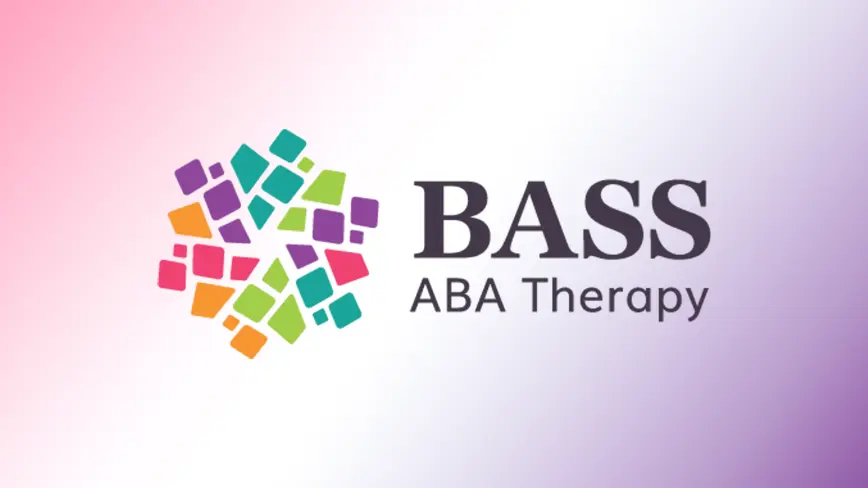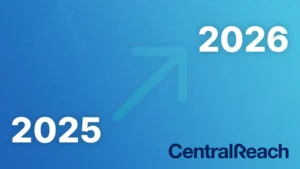Whether your child has been diagnosed with autism or you have a close relationship with an adult who has a developmental delay, you want to help him or her develop the skills needed to live an independent life. Clinicians, educators, and parents must be armed with the right resources needed to provide high-quality, effective interventions for individuals with developmental disabilities. It’s important to develop an effective plan to help your learner develop the critical skills, or repertoires, they need to live life to the fullest.
However, before your teaching or treatment plan can commence, it is essential to understand what your child or student knows, along with the specific skills he or she has yet to learn. There are several ways that you can determine this. In this blog, we cover:
- Different types of skill assessments.
- The Assessment of Basic Language and Learning Skills – Revised (ABLLS-R).
- WebABLLS: Using The ABLLS-R Online
What types of assessments are there
There are two general types of assessments used to gauge a child or student's needs: norm-referenced assessments and criterion-based assessments.
Norm-referenced assessments
This type of assessment takes a sampling of specific skills and compares one individual’s results to that of other individuals who are the same age. This allows a professional to determine whether or not an individual’s performance on the assessment falls into a “normal” range that is statistically determined. While these tests might be useful for determining whether or not a learner has a significant developmental delay, it doesn’t provide professionals with any feedback on where the learner stands with regard to specific skills. Because of this, norm-referenced assessments are generally not very helpful in developing specific teaching plans.
Criterion-based assessments
In contrast to the somewhat surface-level results of norm-referenced assessments, criterion-based assessments provide much more comprehensive information about the skills an individual possesses. Rather than comparing an individual’s performance to that of others, these assessments compare a learner’s skills against specific criteria levels for each skill. Criterion-based assessments take a deeper dive into exploring an individual’s abilities and as a result, they allow us to see which skills the learner possesses and how well those skills are developed. As you can imagine, criterion-based assessments are ideal for obtaining a detailed review of a learner’s skills in order to develop an effective, comprehensive teaching plan.
What is the Assessment of Basic Language and Learning Skills – Revised (ABLLS-R)
ABLLS-R is a criterion-based assessment that is both parent and teacher friendly, and internationally recognized for its value in developing interventions customized to suit the unique needs of learners. ABLLS-R is a comprehensive, criterion-based assessment that reviews four major areas of development:
- Basic language and learner skills
- Academic skills
- Self-Help skills
- Motor skills
Within these four developmental areas, there are 25 types of repertoires that are assessed and a total of 544 specific skills that are reviewed. The ABLLS-R considers skills that are acquired by typically developing children before they enter kindergarten, and the assessment is generally used with younger children to help ensure they develop the skills they need to interact with others. As ABLLS-R creator, Dr. Partington has advised, if you can identify skills and make key gains when a learner is young, there’s a good chance to reduce the need for supports as the child grows up.
WebABLLS: Using the ABLLS-R online
Completing an assessment on paper can create difficulties when it comes to systematic reporting and tracking for your organization or school. That’s why many clinicians and educators choose to administer the ABLLS-R online, via the WebABLLS platform. Not only does it make assessment easier -- no more switching between protocol and guide, but simply click to see the task info from the ABLLS-R protocol.
Here are a few more reasons clinicians and teachers choose to assess with WebABLLS
1. Quickly analyze the learner with powerful tools
With 3 options for analyzing data, including graphics with or without normative data, plus a statistical table of results -- it’s easy to analyze assessment results individually, or multiple assessments at the same time -- and then generate a narrative report with graphs and editable text.
Generate reports across critical areas
A few examples...
-
- A program worksheet report with detailed information regarding tasks selected as target objectives to include in a learner’s program plan.
- A Progress Report that corresponds with specific program worksheets, providing a simple way to update benchmark milestones related to skill acquisition.
- A Status Report for that provides quick reference to current assessment scoring statuses regarding a specific group of selected tasks for a learner.
- A Baseline Report, a static report including all assessment tasks and corresponding scores within the ABLLS-R.
Accessible language
The WebABLLS platform and materials contain clear, easy-to-understand language accessible to everyone from clinicians, therapists, and educators, to parents and caregivers. And it’s available in English or Spanish!
Digital sharing to align everyone around the learner
Web-based access makes it easy to securely share information across intervention teams.
Save time while increasing quality
Speed up administration and report writing with a toolkit packed with educational resources that help users quickly assess, track, analyze, report, and teach. Treatment plans and IEP goal development can be completed faster than ever before.
Start WebABLLS today.
About CentralReach
CentralReach is the leading provider of Autism and IDD Care Software, providing the only complete, end-to-end software and services platform that helps children and adults diagnosed with autism spectrum disorder (ASD) and related intellectual and developmental disabilities (IDD) - and those who serve them - unlock potential, achieve better outcomes, and live more independent lives. With its roots in Applied Behavior Analysis, the company is revolutionizing how the lifelong journey of autism and IDD care is enabled at home, school, and work with powerful and intuitive solutions purpose-built for each care setting.
Trusted by more than 200,000 professionals globally, CentralReach is committed to ongoing product advancement, market-leading industry expertise, world-class client satisfaction, and support of the autism and IDD community to propel autism and IDD care into a new era of excellence. For more information, please visit CentralReach.com or follow us on LinkedIn and Facebook.
Media Contact:
CentralReach
pr@centralreach.com






